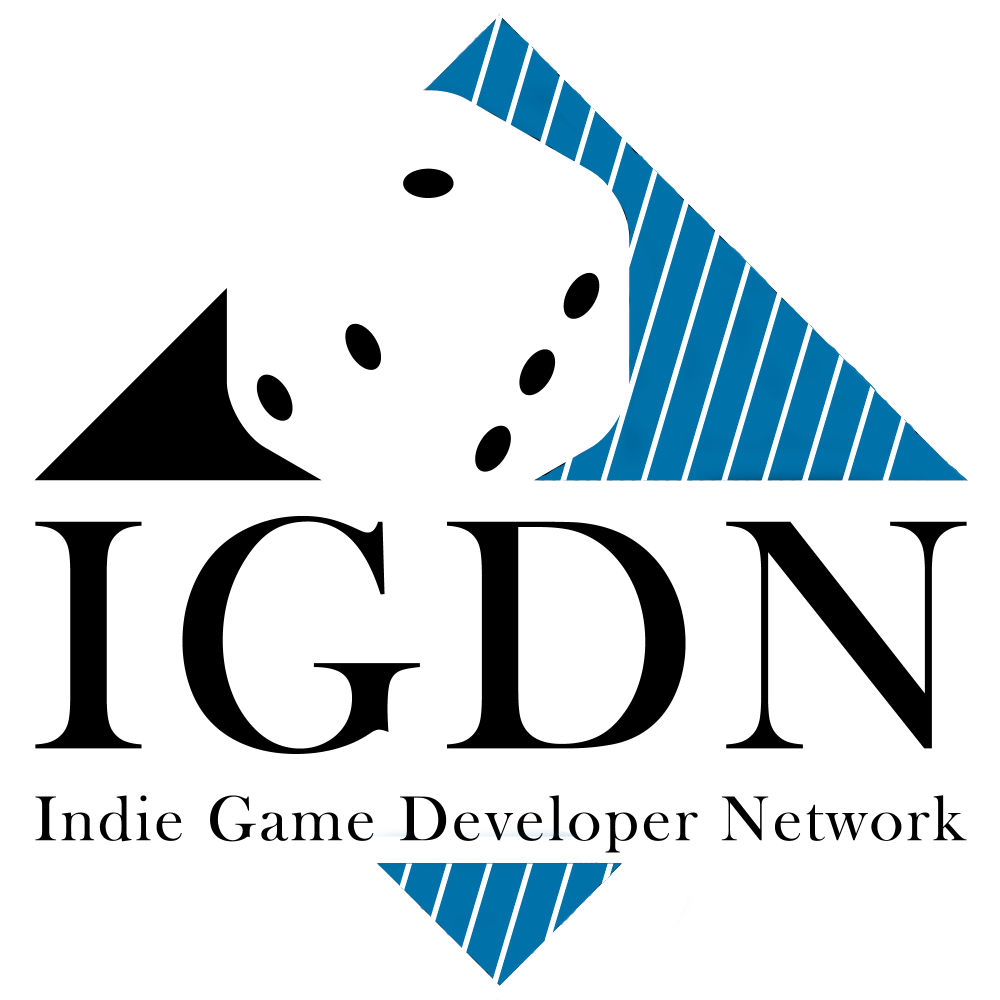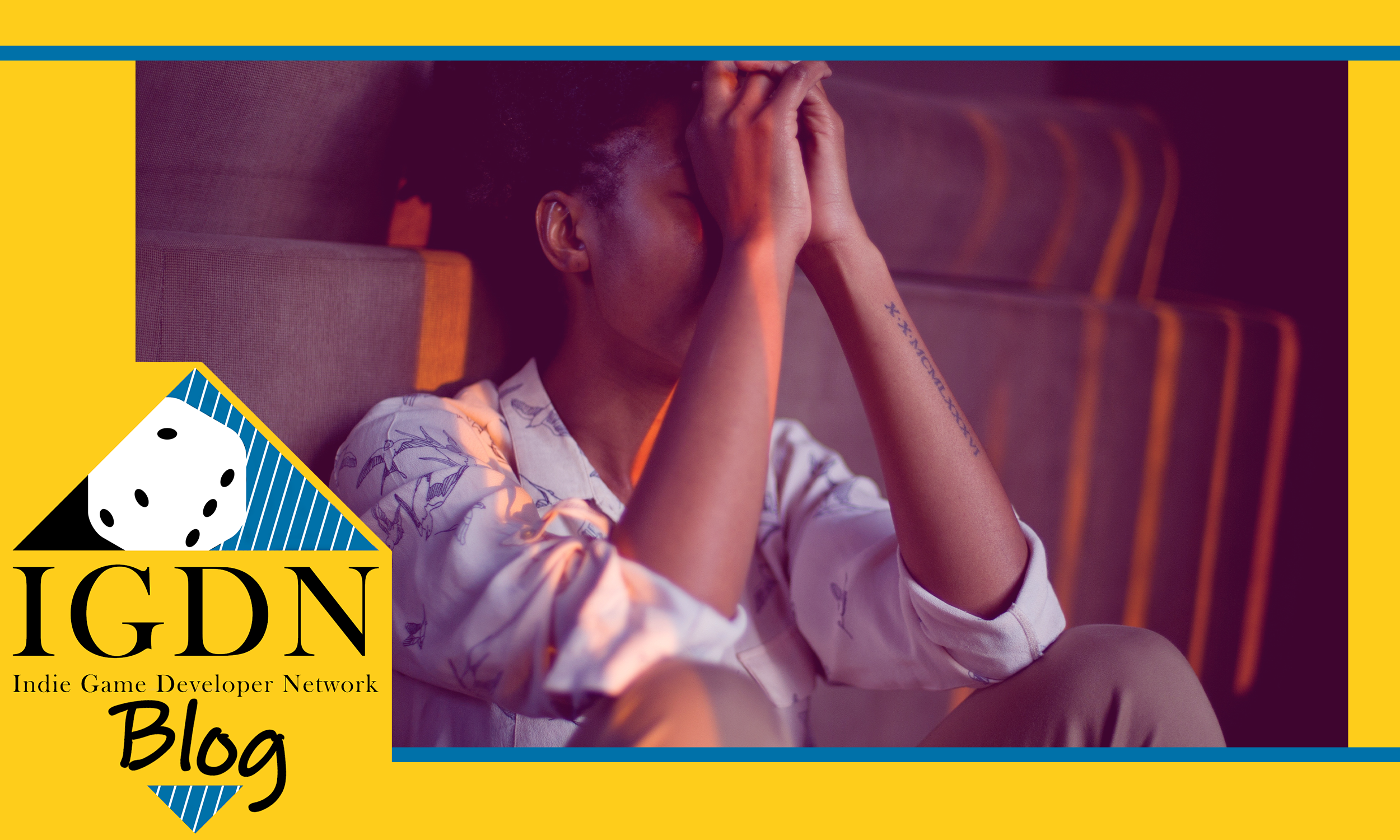Crowdfunding Corner - How to Survive Crowdfunding Your TTRPG
Crowdfunding Corner - How to Survive Crowdfunding Your TTRPG
Sean Jaffe
Sean J Here! Instead of highlighting specific campaigns this time, I'm going to explain the month of horror! I’m going to tell a rather personal series of stories to highlight an under-emphasized but critical element of crowdfunding. You see, A few years back; but recently enough that I should have known better, I took a meeting with a guy in the Barnes and Noble in NYC looking for a “motivated creative,” which in retrospect was dangerously ambiguous terminology.
I sat in the cafe with the guy and asked what he was working on. He cocked his head and said, “it doesn’t exactly matter, does it?” I was stunned. He fiddled with his wallet. “A wallet. Could we do something with that? A new kind of wallet?” As I stammered my confusion, he went to explain his position: To paraphrase, to him, Kickstarter was basically a money faucet. You walked up, whispered some harebrained idea like you were making a wish, and collected millions. If the campaign didn’t go viral enough to collect enough millions that you could produce and distribute your promised product with minimal effort, you just, shrugged and tried again next month. I blurted out: “Oh, you’re a stuntman.”
So, at the time, I’d been working in the film industry, and my closest partner was a guy who’d come into film after being a top 40 rap artist in the 90s. He’d shared a valuable term with me. “In the rap game” he said, ”we called these guys stuntmen—always pullin’ stunts.” A stuntman was someone who tried to jump in on success but without putting in the work. Stuntmen are pretty common but they tend to congregate where the money is, obviously, so you don’t see as many in tabletop gaming. Let’s face it—nobody does this to get rich.
So, what is the point of all of this rambling? Putting in the work is a real concern in a crowdfunding campaign, and it will affect you. It’s not just the financials, and the careful consideration of how to advertise and spread your campaign, getting eyes on it and all that, but that this is your creation, your baby, and you’re the one putting it out in the world. You’re spending a month in labor, monitoring, nurturing, and coaxing your campaign. You’re going to agonize and stress and it will probably have a very real effect on your health and your relationships.
The campaign I did for Commandroids was a brutal, horrifying affair for me. It was a deeply personal game for me—“Giant Eighties Robots” is basically where my soul lives—and I picked the worst possible month, and at too high of an ask. (Do NOT do a TTRPG campaign in August, you’re competing with all of GenCon!!) After the initial release and a minor bump, the campaign faltered without any momentum. I became tremendously depressed. I wrote a letter of resignation for Nerdy City! I internalized that failure completely, and every withdrawn pledge (which is perfectly normal and expected part of crowdfunding) became a pound of flesh scooped out of my heart. It wasn’t until the final 24 hours of the campaign that some clever marketing to the Transformers fan community pulled Commandroids from the fire and propelled it into the stratosphere. But it was a hard-fought win, and the experience is one I wouldn’t wish on anyone.
Before going into a campaign, be very careful to take the element of stress into account. Consider your health, your mental state, and your relationships! Unless the campaign goes better than you could have dreamed (and that’s highly unlikely) you will be stressed, hyper-focused, and on edge for a month. Are you prepared for that? Are your family and friends prepared for that?
You’re gonna want more than graphs and projections to be ready for your crowdfunding experience. Those are all important, but you’re also going to want a favorite show, a comfy blanket, and some good friends and family to help you see past the month of horror. Some comforting re-runs and a nice cup of something warm to drink can soothe the addled mind. It’s not the end of the world. It’s just the month of horror.
This article is part of the Indie Game Developer Network’s blog series. The content of this article reflects the views of but one member of the IGDN. This IGDN blog article is brought to you by Sean B. Jaffe from Nerdy City. If you want to get in touch with the contributor you can visit their website at nerdycity.com.

